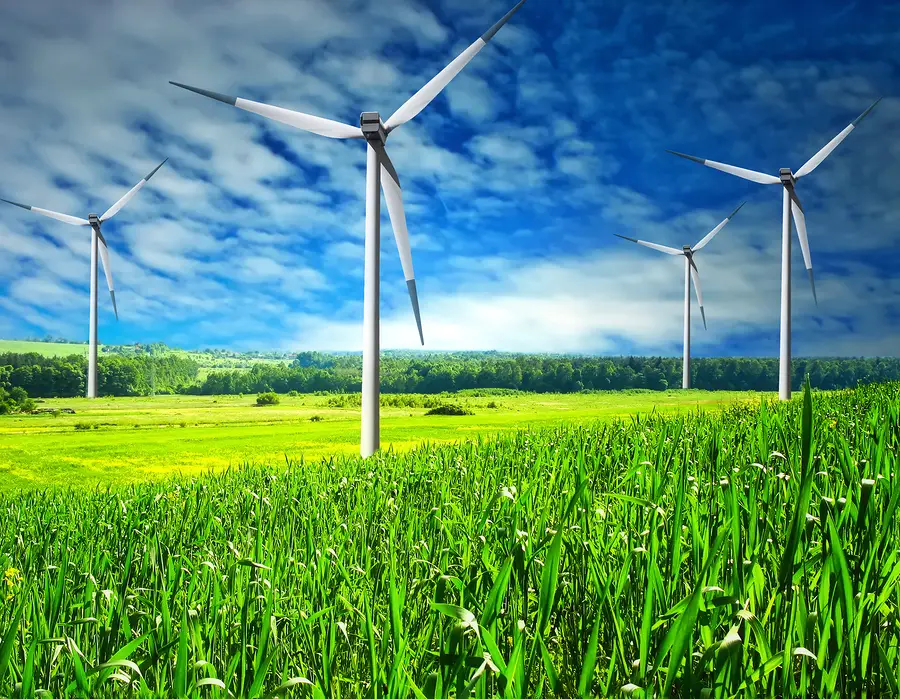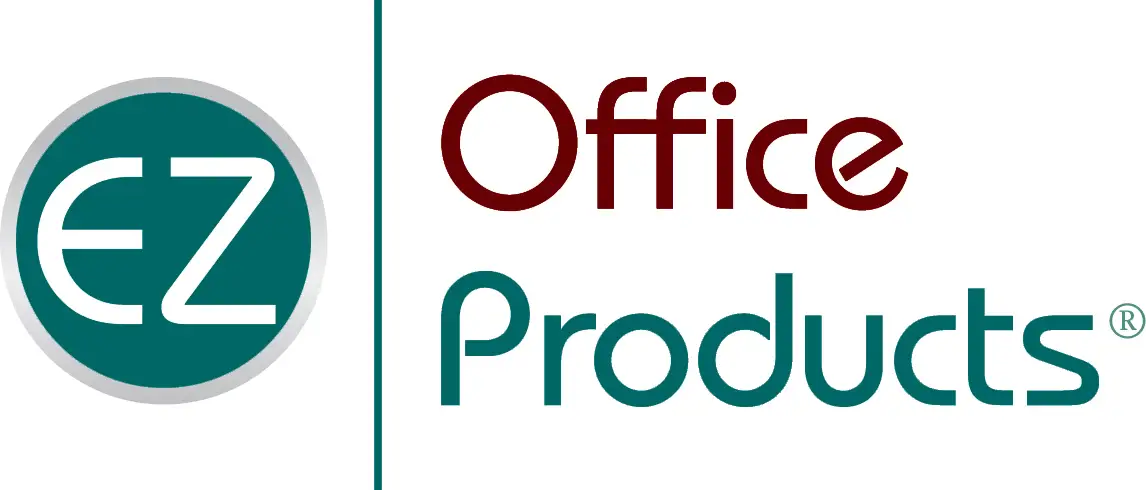Help your business become more sustainable with these alternative energy sources.
Recent innovations have made it easier than ever before to make a commitment to sustainability in the workplace. From the products you consume to the very ways in which your office building is powered, it’s easier than ever for your company can make a stand for a sustainable future.
Our commitment to sustainability led us down the path to running our business on 100% wind power. We believe that renewable energy sources and the disruption of fossil fuel-driven power is incredibly important for the future of our planet. If your business is considering ways to become more sustainable, this post might be the inspiration you need. Here, we’ll discuss the six main types of renewable energy sources for businesses, including: 
- Solar
- Wind
- Hydroelectric
- Biomass
- Geothermal
- Ocean
Learn more about each of these renewable energy sources and their benefits and limitations for businesses below.
Solar
Solar energy generates by capturing energy from sunlight and converting it into heat, electricity, or hot water. Chances are, you’ve seen solar panels and other types of solar arrays around Madison – this type of renewable energy source is incredibly common in our area! One of the primary benefits of solar is that sunlight can provide an almost endless supply of renewable energy. With the right technology to harvest it, solar could help your business reduce its monthly energy bill and slowly eliminate long-term energy costs.
Many local and state governments offer incentive programs for solar energy by providing rebates or tax credits to businesses and individuals who invest. Madison Gas & Electric (MG&E) also recently introduced the Shared Solar program to give customers a convenient option to add solar into their energy mix. While these programs can certainly help with the initial investment costs, some companies may feel overwhelmed by the substantial up-front costs associated with installing the technology.
Wind
Wind farms capture the energy generated by wind flow using turbines and convert it into electricity. With over 400 wind turbines installed around the state of Wisconsin, this is another type of renewable energy source to consider for your business. Wind energy is a clean energy source that doesn’t produce carbon dioxide or release any other harmful products into the air. One of the drawbacks, however, is that wind farms tend to be built in rural or remote areas, requiring additional infrastructure to transport that energy back into cities.
As for cost, wind energy is currently one of the cheapest sources of energy available, and Wisconsin also offers incentive programs that can help offset the fees even more.
Hydroelectric
Hydropower was the very first renewable energy source in Wisconsin, with the first hydroelectric plant operating in Appleton, beginning in 1882. Today, there are over 100 hydro facilities throughout the state.
When people think of hydroelectric power, they most often think of dams. Water that flows through dam turbines produces electricity. The greatest benefit of hydroelectric is its versatility. This energy can be used in both large-scale projects, such as the Hoover Dam, and smaller-scale projects like underwater turbines.
While this energy source produces no pollution, in some cases, it requires the use of more energy than it’s able to generate. Dams can also disrupt waterways and negatively impact wildlife in the area, so it’s important to consider these factors when evaluating the different types of renewable energy sources for your business.
Biomass
Bioenergy is derived from biomass, organic matter that comes from recently living plants and organisms. Using wood in a fireplace is a recognizable example of biomass. Obtaining energy from biomass requires burning it or harnessing the methane gas that’s produced by the natural decomposition of organic materials.
The use of biomass creates carbon dioxide, but the regeneration of plants consumes the same amount of carbon dioxide, so it’s thought to create a balanced atmosphere. However, plants take time to grow, and we have yet to develop the technology needed to use biomass instead of fossil fuels. If you’re interested in the type of renewable energy source for your business, you’re not alone. According to state data from the U.S. Energy Information Administration, 25% of the state’s renewable energy generation in 2018 came from biomass resources.
Geothermal
Geothermal energy uses heat sources within the earth to generate electricity. Geothermal energy can be part of a commercial utility solution on a larger scale, or as part of a sustainable business practice on a local level. Currently, geothermal remains one of the least common types of renewable energy sources because of the cost associated with infrastructure. Vulnerability to earthquakes in certain regions of the world also makes it a difficult energy source to implement. However, the potential of geothermal is its ability to replenish itself naturally and the minimal footprint it leaves on land.
There are four basic types of geothermal energy that Wisconsin allows: closed-loop vertical system, closed-loop horizontal system, pump and dump, and direct exchange. Learn more about them from the DNR here.
Ocean
Harnessing thermal and mechanical energy from the ocean is still a relatively new renewable energy source. Thermal relies on warm water surface temperatures to generate energy, whereas mechanical uses the ebbs and flows of the tides to generate power. Unlike some of the other forms of energy in this list, wave energy is predictable and can produce a more consistent energy source. However, landlocked states like Wisconsin don’t have easy access to this energy, and it may prove disruptive to ocean ecosystems. More research must be done to determine its viability as a renewable energy source for businesses.
The future of renewable energy looks bright in Wisconsin and beyond! Learning more about the different types of renewable energy available for your business can help you make the right sustainability decision for you. For more articles on sustainability in the workplace, check out our blog today.
Shop for eco-friendly office supplies online from our environmentally-responsible suppliers now as a guest, or call our local customer concierge to set up your business account at (608) 310-4300 today.
